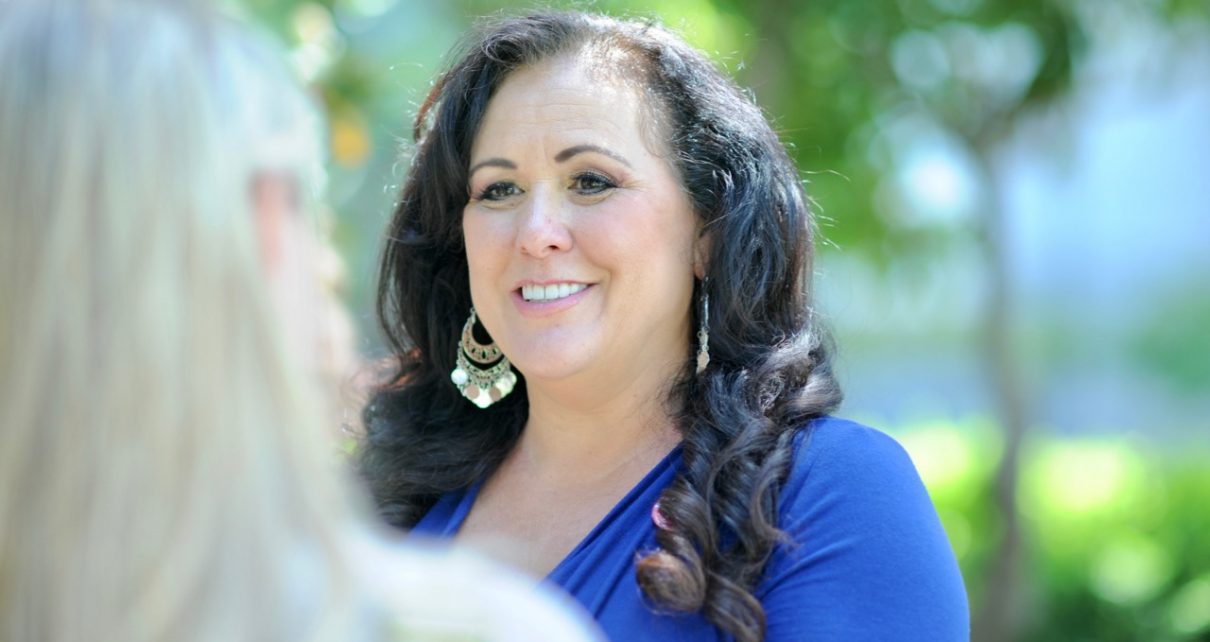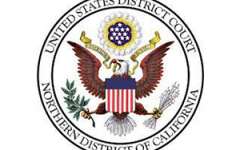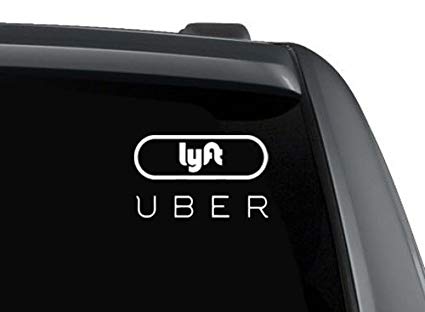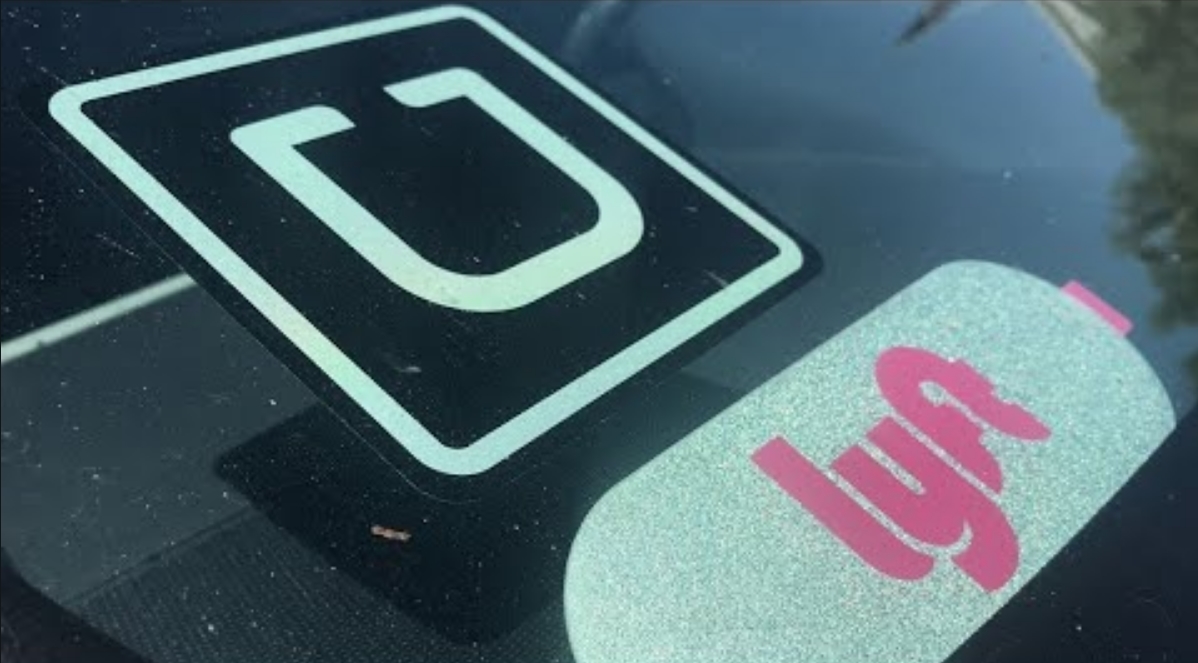
Former Assemblywoman Lorena Gonzalez. (Photo: Kevin Sanders for California Globe)
State Appelate Court Upholds Prop. 22 Rideshare Independent Contractor Classification Vote
Labor unions likely to appeal decision to state Supreme Court
By Evan Symon, March 13, 2023 8:58 pm
The California First District Court of Appeals ruled on Monday that rideshare companies such as Uber and Lyft could continue to classify employees as independent contractors, both validating the 2020 Proposition 22 vote, and invalidating the Assembly Bill 5 law where it pertains to rideshare drivers.
The debate over whether rideshare drivers should be able to be listed as employees or independent contractors dates back to 2019. That year, the California legislature passed the AB 5 bill, authored by then-Assemblywoman Lorena Gonzalez. The bill, signed into law that September by Governor Gavin Newsom, reclassified most independent contractors and gig workers as employees, classifying them under minimum wage laws, workers’ compensation laws, and other benefits.
However, the law rapidly proved to be a serious issue, with many employees find less flexibility, and major barriers in their careers once they were reclassified. Employers were also challenged with skyrocketing costs and increased legal liabilities. As a result many industries either pushed for exemptions from the law as the trucking industry did, or pooled together resources for a statewide vote on the matter. Lyft, Uber, and Doordash formed a coalition and began working on a ballot initiative so that AB 5 would not apply to the rideshare industry.
Throughout 2020, the proposition gained steam, with enough signatures collected and Prop. 22, officially being placed on the ballot in November. Rideshare and delivery companies spent over $200 million dollars on the campaign to pass Prop. 22, saying that passage was the only thing could retain many if not most of California’s companies. The heightened costs for both the company and consumer would have been exorbitant if they were to classify drivers as employees.
In August, the companies were only days away from halting all California service due to a pending court order.
Opponents said gig workers needed to be employees for the greater protections it offered drivers under AB 5. While many industries that were wrecked by AB 5 laws were allowed exemptions, the state fought tooth and nail against the rideshare companies in court, arguing that rideshare drivers were indeed employees under the new law, and not contractors. An Appellate Court agreed with the state in October 2020, finding “real harms” in classifying drivers as contractors instead of employees and threatening to enact the law and make drivers employees by force should Prop. 22 not have passed on election day.
Prop. 22 was passed in a landslide. Labor unions immediately challenged the proposition in court, with the Service Employees International Union (SEIU) filing a lawsuit in January 2021. Later that year, a lower court ruled that Prop. 22 was unconstitutional, resulting in the rideshare companies’ appeal. For over a year, the suit has languished in the state Appellate court before finally being ruled on Monday.
According to the ruling, rideshare companies can continue to have their drivers classified as independent contractors instead of employees. While the ruling did give a small concession and would allow drivers to unionize and collectively bargain, rideshare companies saw the ruling as a victory, bringing back flexibility for workers and avoiding disastrous cost-rises for the companies.
“Today’s ruling is a victory for app-based workers and the millions of Californians who voted for Prop 22. Across the state, drivers and couriers have said they are happy with Prop 22, which affords them new benefits while preserving the unique flexibility of app-based work,” Uber chief legal officer Tony West said in a statement.
California Chamber of Commerce president Jennifer Barrera added, “Voters knew what they were voting on. They wanted to maintain the flexibility for these gig workers and provide them the opportunity to do this work. And I think that’s ultimately what the judge did to uphold that flexibility.”
However, labor leaders raged against the ruling on Monday, still claiming that the Proposition was unconstitutional.
“Today the Appeals Court chose to stand with powerful corporations over working people, allowing companies to buy their way out of our state’s labor laws and undermine our state constitution,” added Lorena Gonzalez, who is now head of the California Labor Federation. “Our system is broken. It would be an understatement to say we are disappointed by this decision.”
Workers, meanwhile, were more split on the decision, but with most generally in favor of the proposition.
“It really depends who you ask,” said Uber and Lyft driver and driver online forum coordinator Mike Chapek to the Globe on Monday. “Some want that flexibility because of kids, while others were really looking forward to expanded benefits. You know, this is California, so there will be some union die hardists, and others who want the unions out. But, because of who the drivers are, most valued work flexibility because it is only a side gig and not a full-time job. And, just as a side note, many drivers actually hate Fletcher because they think that she tried to speak for them even though they outright told her that she doesn’t. I guess we saw the end result of that today.”
The SEIU is currently deciding on whether or not to appeal the ruling. If they do, the suit would be brought to the California Supreme Court.
“We will consider all those options as we decide how to ensure we continue fighting for these workers,” said Tia Orr, executive director of SEIU California, on Monday.
- San Francisco Cruise Robotaxi Folds Following $10 Billion In Losses - December 11, 2024
- New Information Shows UnitedHealthcare CEO’s Assassin Has California Ties - December 10, 2024
- Boeing To Cut 536 Jobs From California Following Several Years Of Major Incidents, Losses - December 10, 2024





Many Californians are thankful that former Democrat Assemblywoman Lorena Gonzalez is no longer in the legislature shilling for the big labor unions? The ethically challenged Democrat now shills for the California Labor Federation where the big money is and distributed.